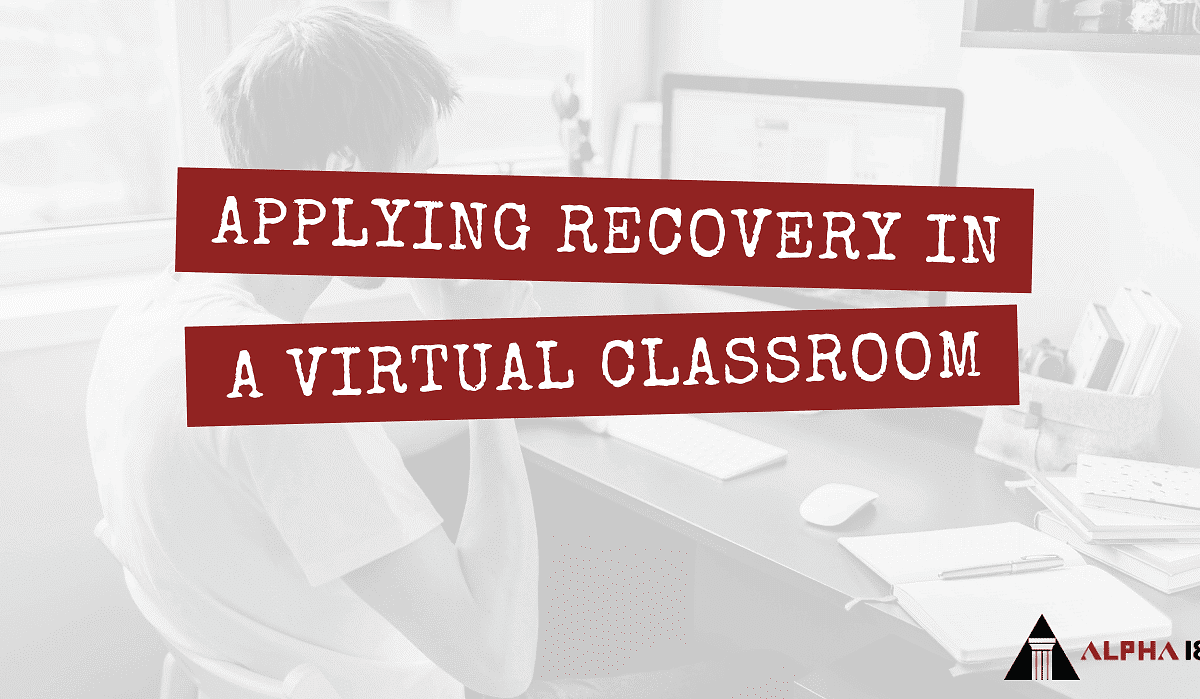As a student in long term recovery, the transition to a virtual learning environment has been frustrating and at times scary. Succeeding in school and in recovery has been the result of finding routine and balance, and online classes for the foreseeable future has presented a need to rapidly adapt my daily disciplines.
Students in recovery are resilient, uniquely equipped to face adversity head on, and willing to go to great lengths to succeed. The virtual semester ahead will give us an opportunity to let our assets shine while developing resilience and new skills.
While reflecting on what has been important to my success in school one word really stands out: communication. Communication is a learned skill that I initially began to develop in early recovery. First, I communicated that I needed help. Second, I learned to communicate my feelings, frustrations, and successes to my support group.
Finally, I began to communicate with my professors. In this online environment communication with our educators will be crucial to our success. While we may struggle at times, communities like Alpha 180 have continuously taught me to raise my hand and use my voice to ask for assistance when needed.
Where other students might be nervous to reach out to their peers, students in recovery are used to breaking through those awkward walls. We have done so time and time again when asking someone to sponsor us or checking in on a newcomer.
Another tool students in recovery share is learning to build new routine and daily habits. Not only do students in recovery go to class, do homework, and perform at their job, we also go to meetings, therapy, and recovery related events.
Recovery has taught us to manage time while still taking care of ourselves. Online classes are deadline heavy and detail oriented.
This means that being forward thinking about one’s schedule is of high importance to maintaining success. I see this as an opportunity to implement what we already do so well; learning to managing chaos healthfully and turning it into an opportunity for growth.
Every person in recovery who has decided to re-engage in their education has already dared to defy the odds and surmounted what some would say an impossible challenge. The move to virtual classrooms does not need to be our breaking point, nor will it be.
Instead we are uniquely chosen to be the glue that brings some normality to the semester and possibly help other students along the way. I look forward to hearing how the recovery community has grown and been of service in the virtual classroom this semester.
By Andrew Warren






